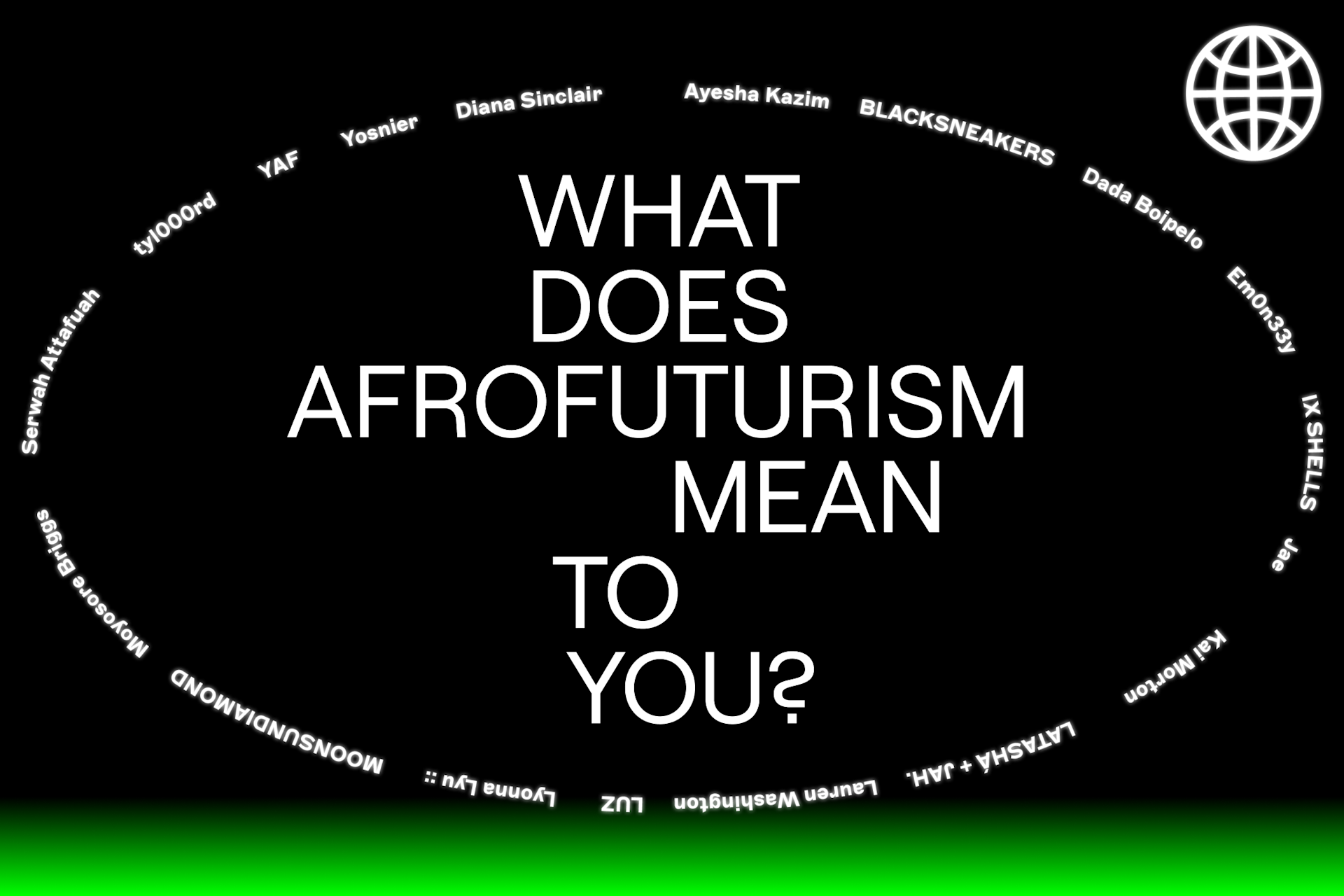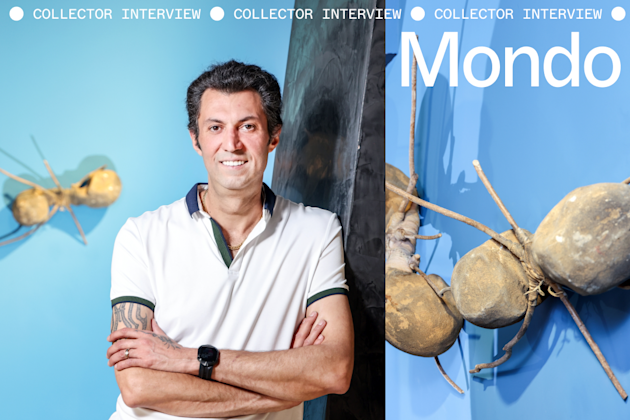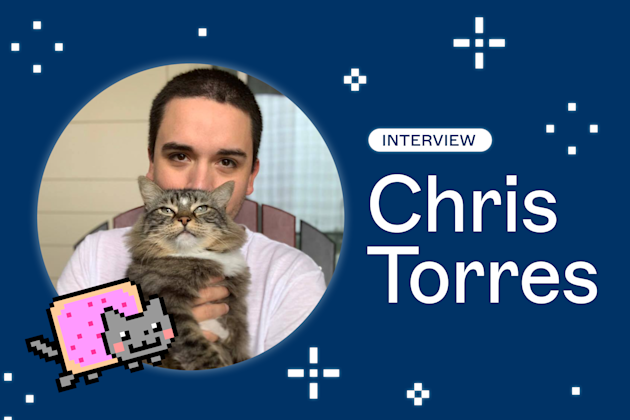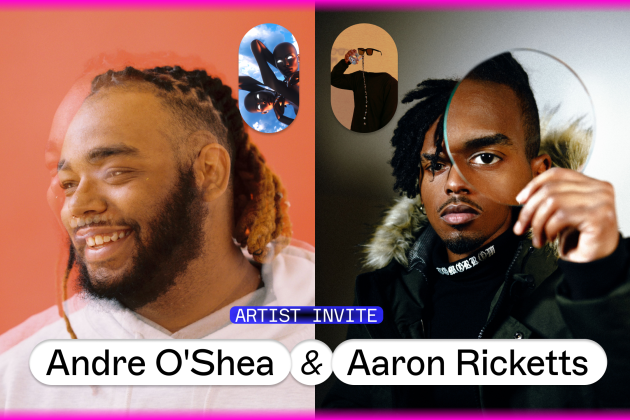What does Afrofuturism mean to you?

What unknown territories and speculative fictions can we chart today to help us reimagine the intersection of humanity, technology, and futurity? How does Afrofuturism recast ideas from the past and the present to help inform those possible futures? What freedoms can be realized via the internet’s “commons”—a space made by, and for, various publics—for both digital and physical bodies of color? And what new forms of creativity are possible within and beyond that space?
The Digital Diaspora, an exhibition curated by artist, activist, and curator Diana Sinclair, frames a dynamic for Afrofuturist expression materialized in the form of NFTs. As such, it proposes new articulations of Afrofuturism that have yet to be seen on the blockchain. Many of the individuals participating in the exhibition are multidisciplinary artists: writers, poets, filmmakers, and animators. At the same time, the common thread through all of their work is an ambition to create a better world—and specifically, to approach that goal through the context of Afrofuturism.
We asked each of the artists below to share how they’re thinking about Afrofuturism, and what it means to them.
Tyler Givens (tyl000rd)
When I think of Afrofuturism, the worlds of Wakanda or Iwájú—the new sci-fi series Disney is developing—naturally come to mind. However, I also think of the work that needs to be done before we reach those ideal destinations in which we possess power, are liberated, and are respected. There’s a lot to do before we can manifest a reality in which we are at the forefront of cultural and technological advances, while also existing as protectors of our natural world.
The road to this future involves building up our communities, and taking back ownership over our bodies, our resources, our culture, and our sexuality. In some ways, it also involves catching up to the rest of the world after having everything repeatedly stolen from us. We have so much power within us, but we are conditioned to accept less and often believe ourselves to be less than. We are conditioned to not dare speak up or ask for more and are often punished when we do.
This conditioning from our oppressors bleeds into our own communities where we are shamed for being and thinking differently, and where homophobia and transphobia run rampant and take lives. There is a lot of unlearning to be done by everyone. As a people, we cannot expect change until our Black trans sisters and brothers are fully liberated. We all deserve to walk through the world safely and empowered without fear of becoming another statistic.
Yosnier
To me, Afrofuturism is the combination of history, fantasy, and science as a way to explore and understand culture and identity within the Black community. I think it's an essential movement, especially nowadays when everything feels so divided. In a way, Afrofuturism serves as a beacon of hope and understanding.
Lauren Washington
When I'm making work, everything begins with the story I want to tell. As a multidisciplinary artist specializing in film and photography, it is very grounding to have storytelling as my rooted principle. Through my work, I want people to enter a new realm where they’re able to envision better worlds that are free of oppression, and that encompass many dimensions of Blackness. I am deeply inspired by Octavia Butler's work with Afrofuturism, so as I grow as an artist, I have found my work dealing more and more with Afrofuturist principles. By using sci-fi, dystopian, and transhumanist themes, I’m able to explore liberated futures that center Black people and the overall impact of futurism.
JAH.
The first thing I consider when I'm creating is perspective. Whether I’m making digital art or working with film, I want people to feel empowered to share their experiences, because I believe that's how we create new cycles of growth, love, and understanding for a better future. My artistic inspirations outside of my experiences are Hip Hop Culture, Star Wars, Gurren Lagann (Anime), Scott Pilgrim VS The World, Sun Ra, Takashi Murakami, Jean-Michel Basquiat, N.E.R.D, Marvel & D.C Comics, and My Uncle Phillip Reynolds.
LATASHÁ
Afrofuturism means Blackness in its oneness.
BLACKSNEAKERS
Afrofuturism sets a precedent for the evolution of Black culture in the genre of art. As we're continually subjected to viewing a collective history that’s full of Black trauma—something that we're well aware of and continue to experience—it allows us to move on from the constant focus on past events. However, Afrofuturism is not merely an escape from the past—it goes above and beyond what we know and what we believe. Afrofuturism is a destiny.
Jae
To me, Afrofuturism is a reinvention of our culture.
LUZ
Afrofuturism is really visually inspiring to me. It’s nice to see myself in such otherworldly and vibrant imagery.
Nicholas-Constantine Csefar
It means everything to me. That's how I would describe it—we're creating an environment to nurture and grow the imaginations of the next generation so they can leap further than we ever could.
Kai Morton
Afrofuturism is expanding the reaches of Black culture across time and space to imagine how we can see ourselves reflected in the technology of future eras.
Dada Boipelo
Afrofuturism is an alternate reality; a possible-to-come reality.
A hopeful universe and space where Black people can live beyond our generational past and grow in a conducive, fast-paced, and inclusive place full of opportunity and equity.
Afrofuturism is hope for a more enlightened time for my people—not only for the rich Black people, but also for the people living in the ghettos. It’s about searching and toiling for a better future to come.
Afrofuturism inspires movement, growth, transformation, and more—and that is why I continue to create and exhibit my work amongst my people (supporters).
It is a representation of what could be, and what we’re working towards: The future is Black.
Moonsundiamond
Afrofuturism is and has always been a part of Black culture for me. It actively fights against stereotypes that we as Black people often carry from an antiquated past. It means a future, or a renaissance; it allows for the reimagining of both the present and the future, among the stars, while carrying forward the legacies of ancestors now passed.
Moyosore Briggs
To me, Afrofuturism is the telling of the universally lived experience of Black men, women, and children through art. I believe it's the way for Black artists of all creeds and nationalities to create art that tells the story of who they really are, of who they can be, and of who they want to be.
Lyonna Lyu
Afrofuturism means there is no limitation on Black imagination.
Emonee LaRussa
The future is Black!
Serwah Attafuah
To me, Afrofuturism means upholding and celebrating thousands of years of past culture across afro history around the globe, and translating that into a positive, future-focused mindset.
Diana Sinclair
Afrofuturism is the idea that Black people will thrive in the future, despite the fact that there have been many times where I did not see that as possible.
The night of the last presidential election, I just started sobbing. My parents were so confused, and they ran over to me because they thought that I had hurt myself. I was crying because I was thinking about what my future would be like if everything went the wrong way. I was thinking about being a queer Black woman and all that I’ve faced in the past, and what I could face in the future. I remember telling my parents, "What if I can't get married later?" I was just really afraid—especially after last summer, and having the experience of being retraumatized over and over and over again. None of those issues have been resolved, but still, the world has turned away from them.
Afrofuturism is a way to temporarily escape and hold on to the idea and the hope that not only I, but Black people overall, will be able to thrive in the future.
In The Digital Diaspora, there are themes of technology, cyberpunk, and humans being mixed with metal—but it’s also about pushing those ideas into the future. We’re going to be superhuman and all of that, but more importantly, we're simply going to be here.
IX Shells
I think about Afrofuturism as movement and rhythm. It teaches us how to be in charge of our present while building the future. In a world designed to keep us confined, Afro Futures become a safe space to allow our roots connect with one another. It reminds us how to heal, dream, and imagine ourselves in places far away.
Read more

Mondo on collecting as a way of life.

Chris Torres on building the Meme Economy.
